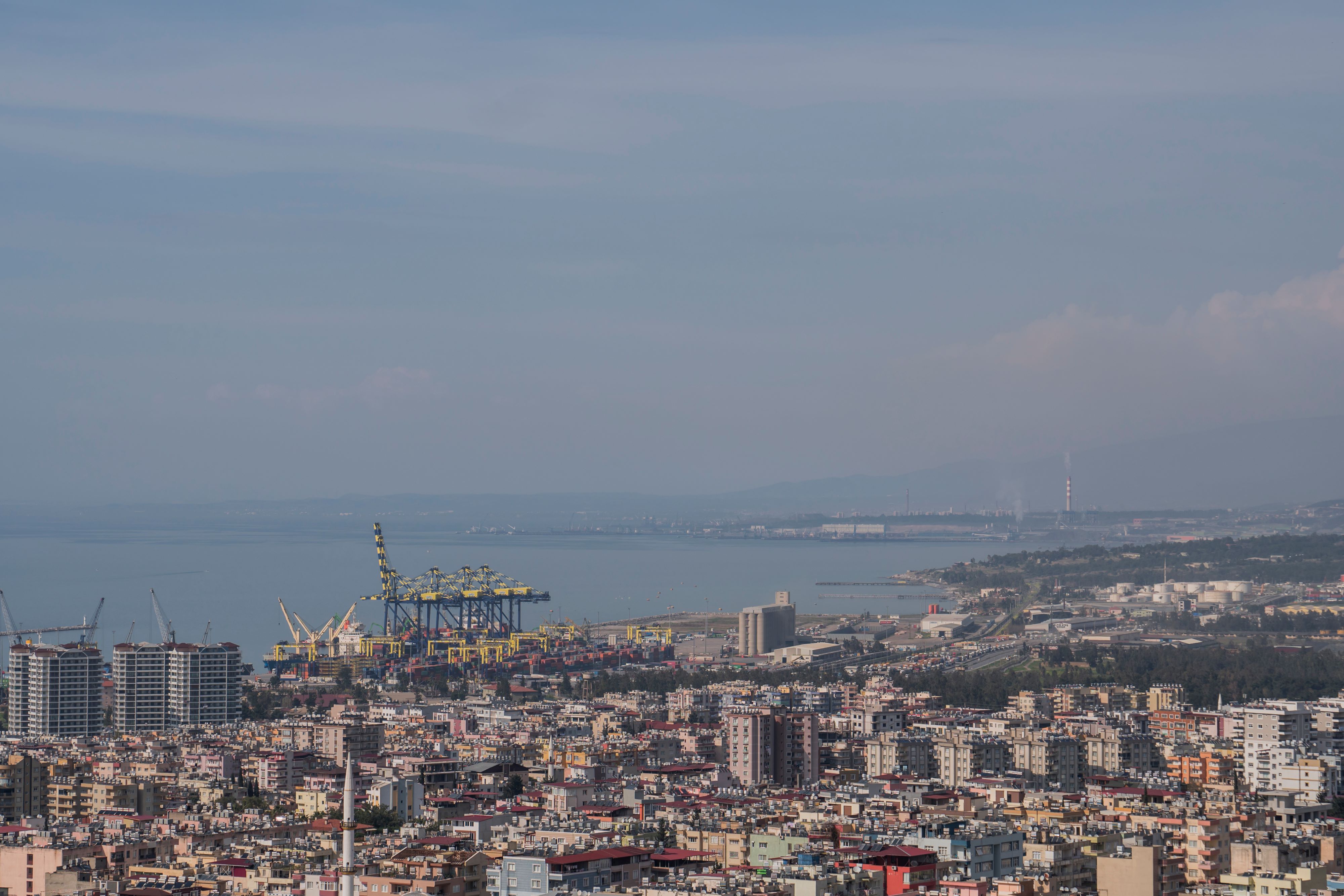
A series of earthquakes in eastern Turkey and Syria have caused extensive disruption to Turkish air and sea terminals, threatening global supply chains.
The Turkish container ports of Iskenderun and Mersin suspended operations following earthquakes of up to 7.8 magnitude, which have claimed more than 11,000 lives so far.
Iskenderun fires
Parts of the Iskenderun port collapsed and operations were halted, reports Ship and Bunker.
Reuters reports that parts of the shipping complex suffered heavily from a series of fires, although the Turkish defence ministry reported these had been extinguished late on Tuesday.
Global shipper Maersk warned that the damage was “significant”.
Shippers react
Sealand, a division of the Danish shipping company, said it would divert Iskenderun cargo to other ports.
Maersk said it would “need to perform a change of destination for all bookings bound for the port or already on the water. We are currently planning to divert containers to nearby hubs within operational feasibility or hold at transhipment ports - including Port of Mersin and Port Said.”
Fellow shipper Hapag-Lloyd is also diverting traffic.
Mersin
Mersin also halted operations until late Tuesday (7 February) as a precaution, according to Lloyd’s List. It has since announced a reopening.
Mersin and Iskenderun are Turkey’s third and seventh biggest ports respectively in terms of container handling in the past year.
No damage has been reported at any of the country’s other commercial ports.
Knock-on effect
Despite the plans to divert ships, industry sources told the Loadstar that they believe operations in other ports could be hit by power outages and other inevitable bottlenecks, given the scale of the devastation.
The earthquakes have also left roads around the Iskenderun port area impassable, halting truck movements.
Supply chain monitors Everstream Analytics told the Wall Street Journal it expects to see severe airfreight disruption, after damage was reported at Hatay airport.
Trade hub
No damage was reported at the two main tanker terminals of Ceyhan and Dortyol, although vessels at Ceyhan were ordered to move to anchoring areas, as the port was shut because of adverse weather for at least one day.
The region is key to Turkey’s seaborne energy import and export infrastructure, with multiple crude oil, refined product and coal terminals.
Bloomberg reports that oil exports were restarted late Tuesday to export terminal of Ceyhan, after being paused to allow officials to conduct safety checks.
State of emergency
Turkish president Recep Tayyip Erdoğan has announced a three-month state of emergency in affected areas, reports the FT.
Turkey’s Bist 100 stock index lost 7%, triggering curbs designed to smooth panicky trading.
The Turkish lira also reached a new low as the country contemplated its worst natural disaster in modern history.
Turkish trade
The country’s exports hit a record high in 2022, as the slump in the value of the lira made its products more competitive overseas, with the country also benefiting from economic ties to Russia, reports the FT.
Export value rose by 13% to $254bn in 2022, however the weak lira swelled Turkey’s trade deficit to $110.2bn in 2022, as the cost of imports jumped 34% to $364.4bn.
According to the Turkish Statistical Institute, the country’s main exports in 2021 were vehicles, iron and steel, boilers and machinery, electrical equipment, and knitted and crocheted goods.



